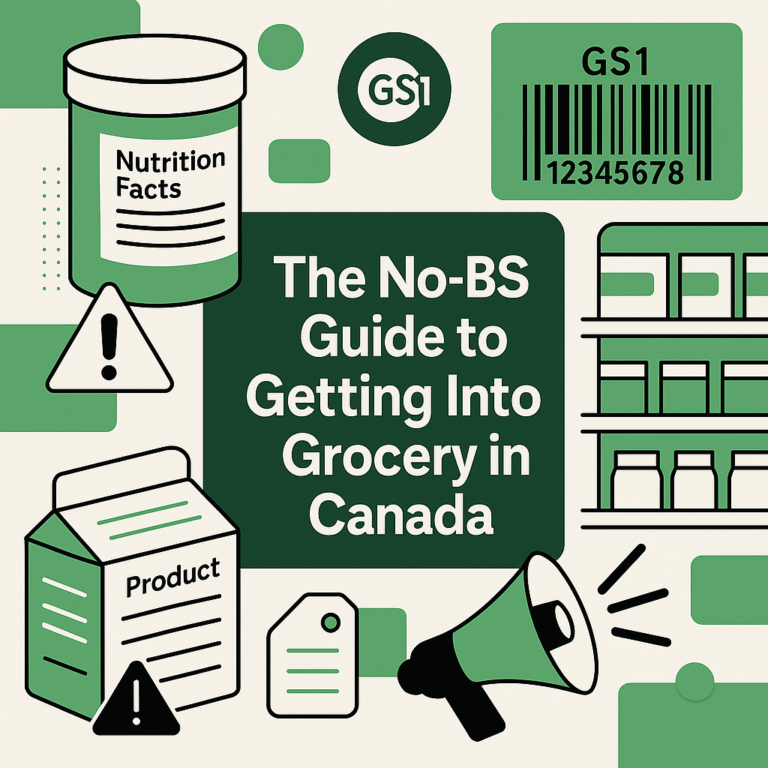It is known that food is medicine. Certain foods can boost your health in different ways, so you can strategically consume foods that support certain functions of your body depending on your needs. These foods are great to naturally increase your energy levels, feel more motivated, reduce feelings of stress or anxiety, and just overall boost your mood. The science behind how these foods help improve your mood is fascinating. The best thing, however, is that these foods are great to have as a part of a balanced diet. They all give you great nutritional value, helps support different systems in your body, and make you happy in the process. Add some of these foods to your regular diet and start reaping the benefits.
Cacao
There is a reason why people turn to chocolate when they are sad or anxious. Granted, chocolate bars generally have quite a bit of sugar, which gives that quick sugar high that can serve as short term comfort but can be rather detrimental if consumed in large quantities. Cacao has some greater nutritional values that affect your mood on a much deeper level and without the need for that added sugar.
Cacao (not to be confused with cocoa, which is processed at high temperatures and usually has added sugars and other ingredients) is plenty of compounds and minerals that have been proven to reduce stress and boost mood. Here are some of the key elements that make cacao a great mood food:
- Magnesium: Cacao is high in magnesium which is known for calming the nervous system and reducing anxiety.
- Iron: Low iron levels make it hard for the body to access oxygen to use in producing energy. This can lead to extreme fatigue, drowsiness, and weakness. Cacao has decent iron contents that can help boost your energy and support proper body functions.
- Polyphenols: Polyphenols are compounds that can be found in plant foods. They act as antioxidants and can reduce the risk of chronic disease. They can help improve brain function and reduce stress and depression. Raw cacao is high on the list of foods rich in polyphenols.

Salmon

Salmon is highly nutritious in many ways. It is a great source of protein, vitamins, and minerals, and it has protective antioxidants like astaxanthin which helps reduce oxidative stress in the body by getting rid of free radicals. It also has some mood-boosting compounds:
- Omega-3 fatty acids: Fatty fish are the best source of Omega-3 fatty acids which are healthy fats that help support brain function, reduce inflammation in the body, and help protect against heart disease, obesity, and diabetes. Multiple studies have found that supplementing Omega-3 may alleviate mood disorders including depression, bipolar disorder, and postpartum depression.
- Tryptophan: Tryptophan is an amino acid used as a precursor to serotonin. Serotonin is the neurotransmitter that helps stabilize mood and well-being. With low levels of tryptophan, it is challenging for the body to produce serotonin, therefore consuming enough of this amino-acid is key in maintaining well-being, especially for those who tend to be deficient.
- Vitamin D: In modern life, we get less than ideal amounts of sun exposure (especially if you live far from the equator and are subject to longer winters). Vitamin D efficiency is one of the most common culprits of low mood, fatigue, and general malaise, especially during the dark months. Salmon, and other fish, shellfish, and meats are great sources of vitamin D.
Meet our salmon dishes.
Organ Meats
Organ meats have sort of fallen out of modern home cooking, but they are slowly making a comeback with the growing popularity of paleo-inspired lifestyles and natural nutrition therapy. Organ meats are some of the most nutritious foods out there. In many ancient traditions, organ meats were a delicacy and saved for pregnant women so that they could get enough nutrients to support their babies. Consumption of organ meats once a week has been linked to elevated mood, energy, and better recovery. these are some, but definitely not all, of the nutrients in organ meats that can elevate mood:
- B vitamins and folate: Low levels of B vitamins (especially folic acid or vitamin B6) have been associated with depression, especially in women. Liver and kidney are particularly high in B vitamins.
- Zinc: Several studies have shown that people who are depressed generally have low levels of zinc in the body and that the levels drop lowers as the severity of the condition grows. Zinc plays a large role in many of the body’s basic functions including immunity, cell growth, and carbohydrate breakdown.
- Organ meats are also high in iron, vitamin D, and magnesium which we’ve covered already.

Leafy Greens and Cruciferous Vegetables

Dark leafy greens like kale and spinach, and other vegetables including broccoli and beets, are great additions to a balanced, healthy diet. They provide a wide range of vitamins and minerals that support the body’s proper functions. Like many of the foods we’ve mentioned already, leafy greens have important compounds that help regulate mood including iron, B vitamins, zinc, and magnesium.
Nuts and Seeds
Nuts and seeds are great foods to add to a balanced diet (unless you have an allergy of course). They are full of healthy fats, they have some protein, and are great sources of some of the mood-boosting compounds we’ve talked about throughout the article. Many nuts and seeds are rich in tryptophan, zinc, and folate (vitamin B6). They are also high in calcium which can help reduce anxiety and elevate the quality of sleep, and selenium which is linked to improved mood and generally low in those experiencing depression.






